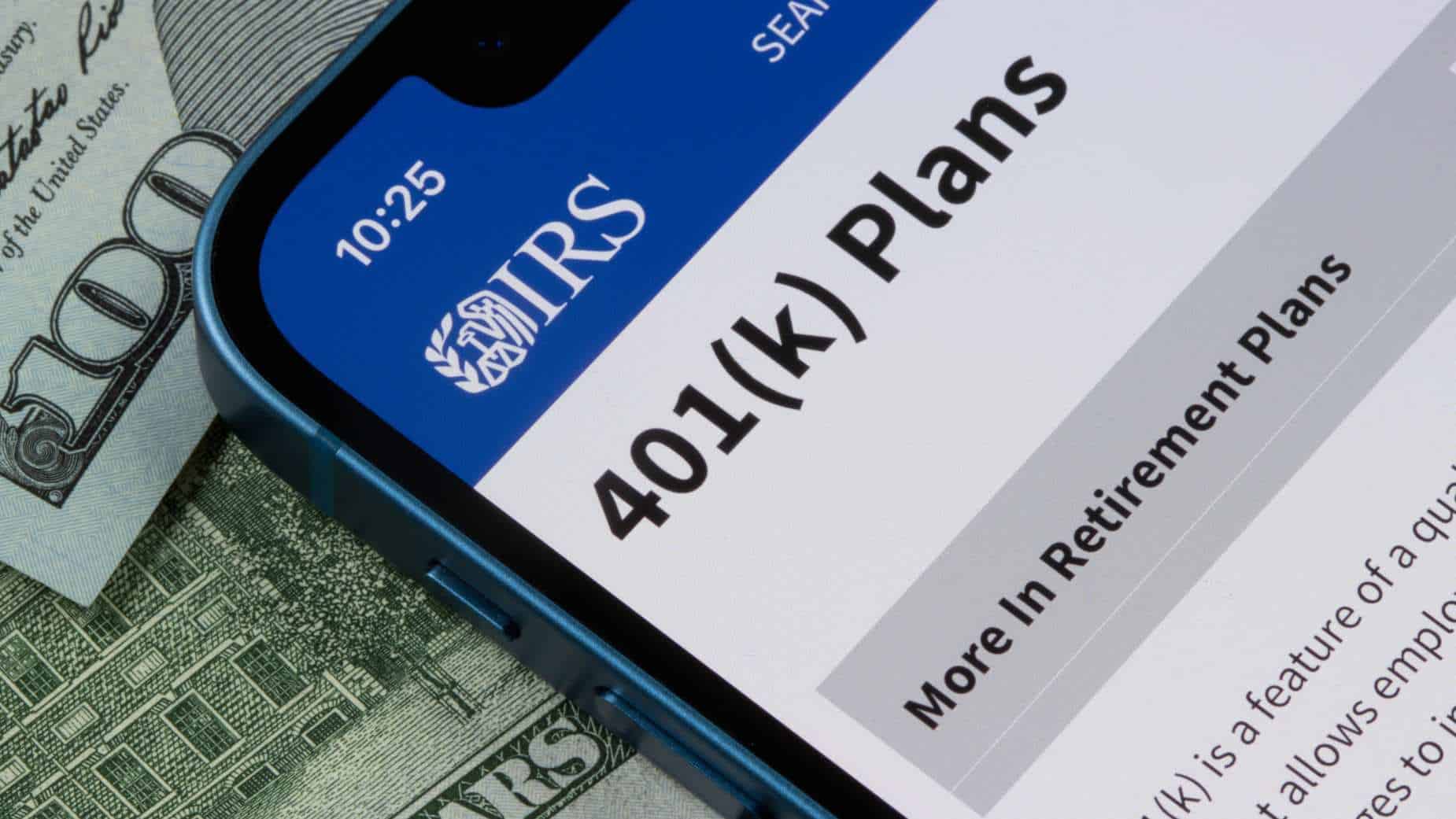IRS Drops Major Bombshell: Game-Changing 401(k) Updates for 2025 You Can’t Afford to Miss
Saving for retirement has become increasingly difficult for many Americans, with a significant number entering retirement reliant solely on Social Security benefits.

Tackling America’s Retirement Savings Gap
A recent survey found that nearly 4 in 10 American workers feel unprepared for retirement due to insufficient income, debt, or a late start in saving. To address this, Congress passed the Secure 2.0 Act, an update to the original legislation, aiming to improve retirement readiness through changes to 401(k) plans and increased accessibility. Most provisions will take effect by 2025, offering a crucial lifeline to future retirees.
Key Changes to 401(k) Plans
One significant update is the increase in catch-up contributions. Starting in 2025, employees can defer up to $23,500 annually into 401(k) plans, up from $23,000. Workers aged 50 and older can contribute an additional $7,500, while those aged 60 to 63 will be allowed a further $11,250 in contributions—marking a 14% increase. Despite these changes, participation remains a challenge. According to Vanguard’s 2024 How America Saves report, only 14% of employees maximized their 401(k) contributions in 2023, and just 15% utilized catch-up contributions. While the higher limits are promising, their impact will depend on greater awareness and usage by employees.
Enhancing Access and Participation
The Secure 2.0 Act also expands 401(k) access for part-time workers. Beginning in 2024, employers must include part-time employees working at least 500 hours annually for three consecutive years. This threshold will drop to two years in 2025.
Dave Stinnett, Vanguard’s head of strategic retirement consulting, calls this measure a “positive step,” providing long-term part-time workers with much-needed retirement savings opportunities. Alicia Munnell, director of the Center for Retirement Research at Boston College, agrees, highlighting the importance of coverage for all employees, including those transitioning between full-time and part-time roles.
Another critical change is mandatory auto-enrollment for all new 401(k) plans established after December 28, 2022. These plans must include a minimum 3% employee deferral rate. This initiative is expected to boost participation, as only 56% of workers currently participate in workplace retirement plans, despite 73% having access to them, according to the U.S. Bureau of Labor Statistics.
A Positive Step Toward Retirement Security
The Secure 2.0 Act represents a meaningful effort to address America’s retirement crisis by increasing savings opportunities, broadening access, and encouraging participation. While challenges remain, such as low contribution rates and limited utilization of catch-up provisions, these updates are a promising step toward a more secure future for millions of Americans.

As Alicia Munnell emphasizes, “More people will join, and more people will have savings because of these changes.” The road ahead requires continued efforts to educate workers and ensure they fully utilize the tools now available to prepare for retirement.


Comments are closed, but trackbacks and pingbacks are open.